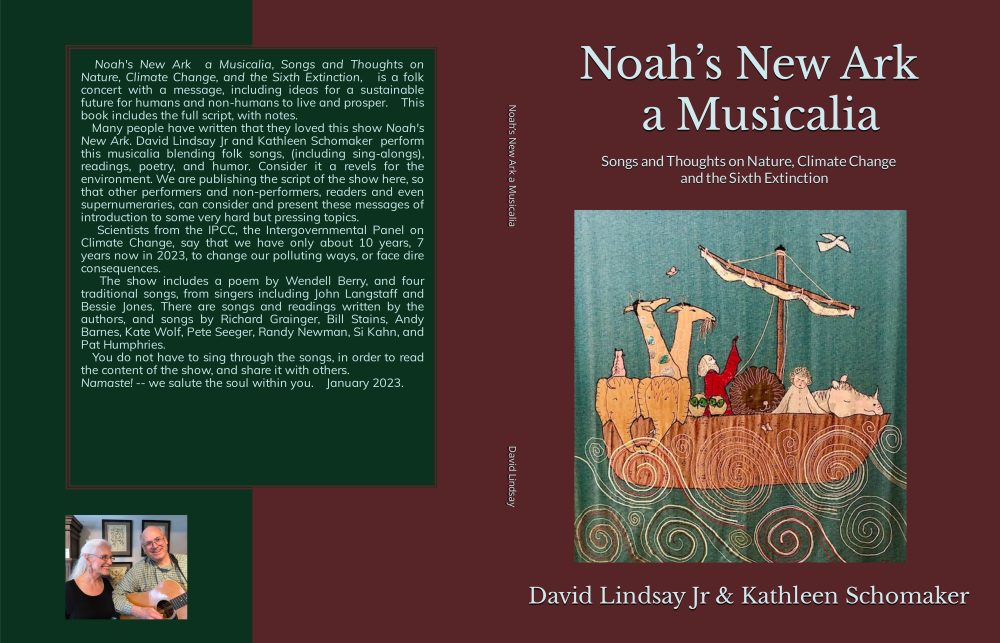When he was a young child in Vietnam, Tung Linh wanted a guitar, so his mother bought one for him. His father, Phan Van Pho, was a cook for French officials in Hanoi, and he wanted his children to become doctors or engineers, not musicians. When he found the guitar, he smashed it.
But his wife, Hoang Thi Nga, nurtured Tung Linh’s interest in American music, which he shared with two of his seven siblings: Bich Loan, a singer, and Tung Van on drums. When their father died in the late 1950s, Ms. Hoang went to work as a custodian on a Republic of Vietnam naval base. The family was poor, and those years were hard, but she wanted her children to be happy, so she nurtured their desire to perform American music.”


